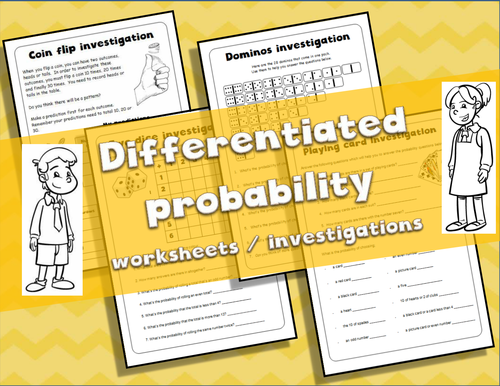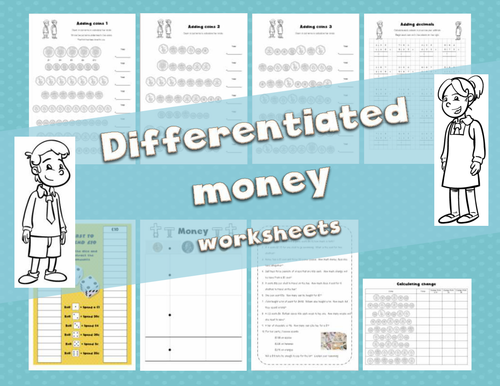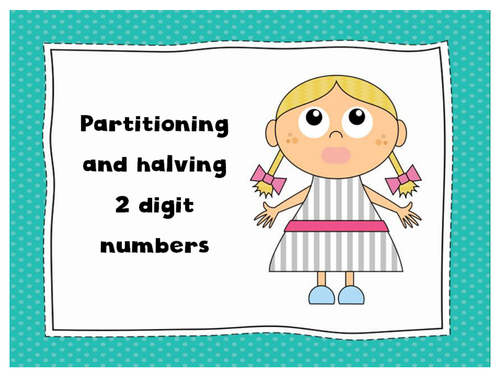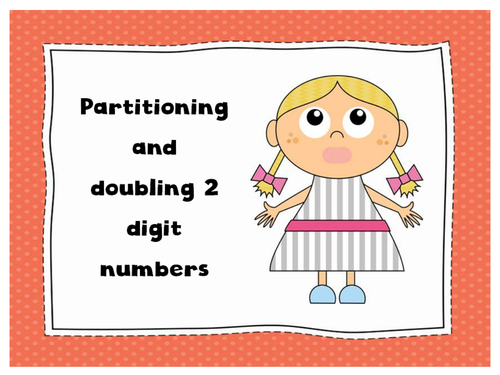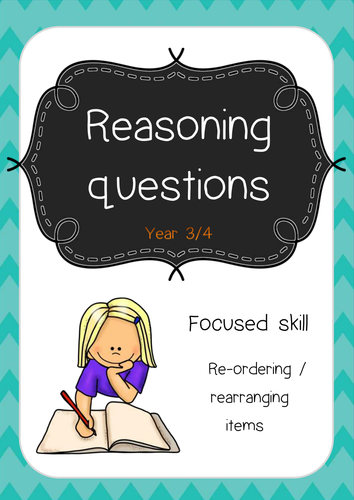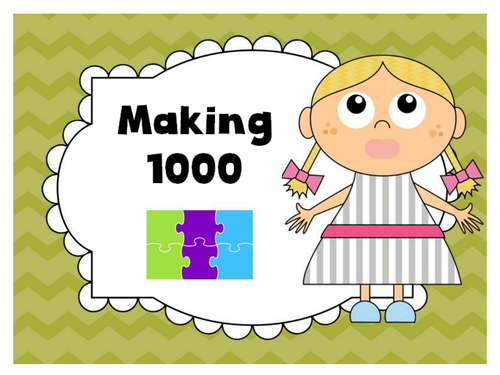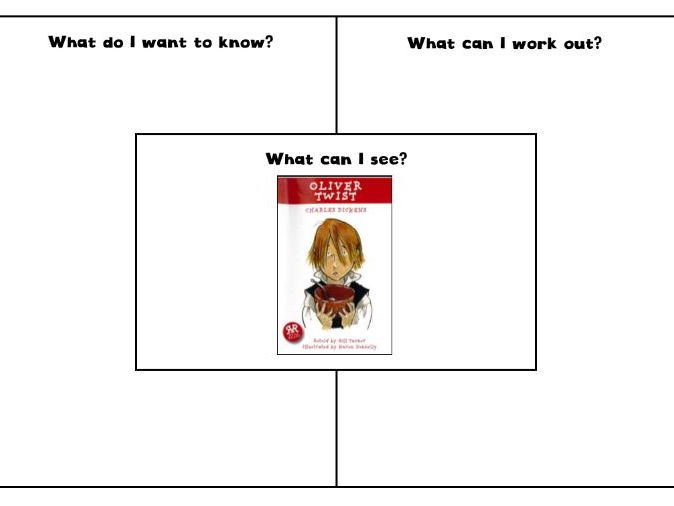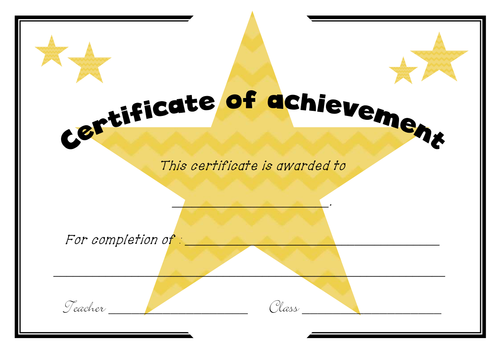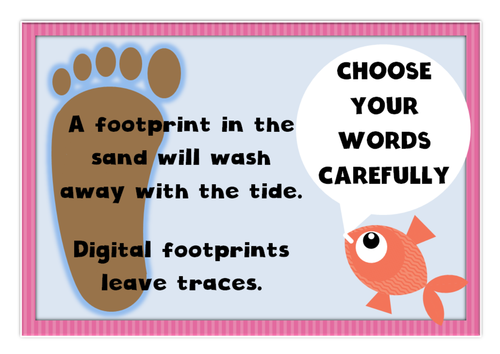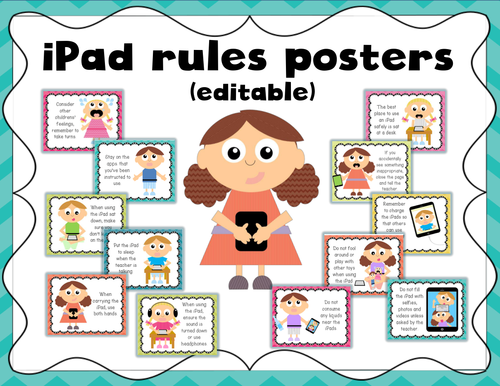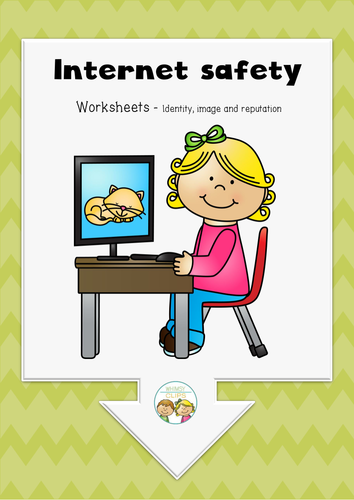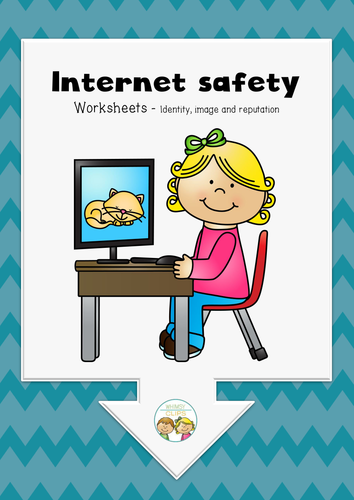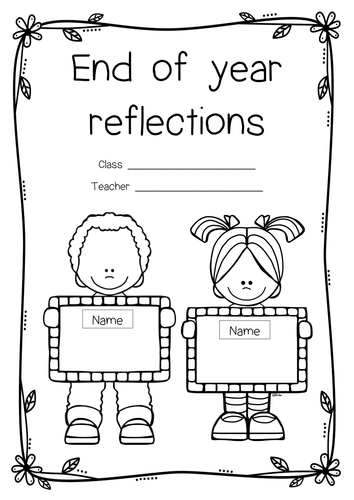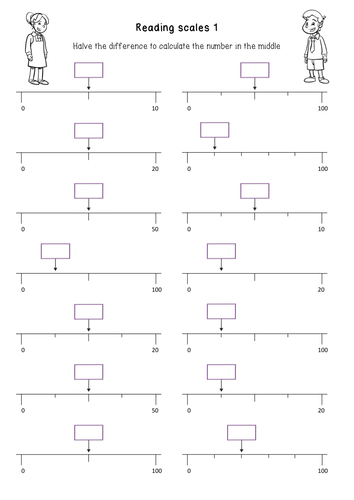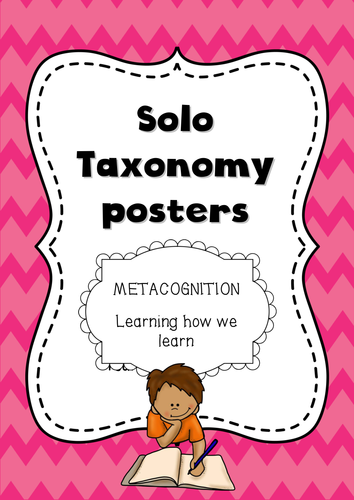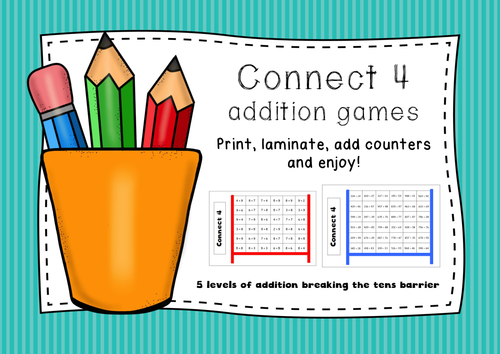
40Uploads
41k+Views
27k+Downloads
All resources

4 Differentiated probability worksheets / investigations
I’ve used these very successfully with year 5 to introduce a practical application to probability. I recommend that you use coins, dice, dominos and playing cards during the lessons but they can be used just as easily without. You may also have a large dice, dominos or playing cards that you can use to introduce the 4 lessons, or to use with lower abilities.
The tasks in order of complexity are;
• Coin toss investigation,
• Dice roll investigation,
• Dominos investigation and
• Playing cards investigation.

Differentiated money worksheets
8 differentiated money worksheets created for year 4. This includes;
• Adding money by counting repeating coins,
• Adding money ordered largest to smallest,
• Adding money in random orders,
• Adding decimals (column method),
• Reasoning skills from a menu (following pictures),
• Adding two 2 digit numbers,
• Finding change from £1, £2, £5 and/or £10,
• Money word problems (not differentiated but gets harder).
There is a differentiated ‘First to spend £10’ game and a laminate to use with lower abilities (to use a whiteboard pen).

Halving diamond, partitioning and halving 2 digit numbers PowerPoints
4 PowerPoints to use alongside the Big Maths clic sessions. I also use them as whiteboard sessions at the beginning of Maths lessons. They get progressively harder from the first to last, ending up introducing decimals.
There are 5 pages to each PowerPoint which are suitable for year 1/2 upwards.

Doubling diamond, partitioning and doubling 2 digit numbers PowerPoints
4 PowerPoints to use alongside the Big Maths clic sessions. I also use them as whiteboard sessions at the beginning of Maths lessons. They get progressively harder from the first to last, breaking the tens barrier twice by the end.
There are 5 pages to each PowerPoint which are suitable for year 1 upwards (or consolidating / introducing to older years).

Year 3/4 Mathematics reasoning investigations, focusing on re-ordering / rearranging
Mathematical reasoning has been brought into focus with the poor results of the PISA tests. These 5 investigations focus on re-ordering work with emphasis on a given set of options.
They are ultimately suited to year 3 but without prior investigation work, I’ve used these successfully in my year 4 class. I would advise using equipment/resources to spark interest in the task.
Each investigation has an extension which is a level above the problem for those children who are capable learners already. This assists classroom management, where high achievers can be disengaged when problems seem obvious to them.
There is also vocabulary specific to re-ordering work, to assist the teacher in promoting the language and therefore facilitate progress.

Whiteboard practice PowerPoints, 1000 number bonds, Big Maths CLIC session
4 PowerPoints to use alongside the Big Maths clic sessions. I also use them as whiteboard sessions at the beginning of Maths lessons. They get progressively harder from the first to last, breaking the tens barrier twice by the end.
There are 4 pages to each PowerPoint which I have been using in year 4, but are suitable for other ages.

Whiteboard practice PowerPoints, 100 number bonds, Mr 100
Here is my strategy for teaching 100 number bonds. It is similar to the Big Maths clic session jigsaw addition. There are 4 PowerPoints, getting harder each time. The children love it and find it an easy strategy to follow.
I have included my differentiated worksheet too.

Oliver Twist Real Reads Year 3 / 4
Resources included for year 3 / 4 Real Reads version of Oliver Twist. Activities include: prediction, vocabulary generation, descriptive writing, question enquiry, recount activity, wanted poster.
There is also detailed planning for the first week of activities

Certificate with editable version
A general certificate to celebrate achievement. There are 4 different versions saved as PDFs. I have also included an editable version (other than the title).

Digital competence / citizenship / internet safety posters
9 posters to introduce digital awareness and internet safety to the primary classroom covering a variety of issues with slogans e.g. adult supervision = wise decision.

IPad rules printable posters (editable)
I’ve been fortunate enough to have iPads in my class for over two years and I finally realised that I need a set of rules that I can establish at the start of the year.
I’ve produced these as I wanted to add my own ideas. I appreciate that you too might want to amend / add to these, therefore I have produced:
• 13 rules that I will be using in my class (ready to print),
• The same 13 rules but in an ‘I will’ format,
• 17 editable posters (including blanks of the 13 I am using) and
• 2 blanks as extras.

Internet safety – Identity, image and reputation – sharing, passwords and adult supervision
I’ve created these 4 worksheets and a poster in response to the new digital competence framework and for the fact that I couldn’t find many resources myself. Internet safety is such a broad spectrum, I have focused on the following in these.
Sharing online – scenarios to discuss,
Traffic light poster for sharing,
Sharing their own ideas for the traffic light system,
Strong and weak passwords – tick sheet,
Adult supervision – make their own rules.
They have been created to use in a year 5 class but are suitable for any KS2 or KS3 year group.

Arddangosfa patrymau iaith ae, ai, au, ei, eu, wy , oe, oi, wall display
Arddangosfa dosbarth gyda setiau cynyddol anodd yn cynnwys geiriau ae, ai, au, ei, eu, wy, oe ac oi i’w ddefnyddio fel arddangosfa wal neu i hongian or nenfwd.
Classroom display with increasingly harder sets that includes the patterns ae, ai, au, ei, eu, wy, oe and oi to be used as a wall display or to hang from the ceiling.

Internet safety–Identity, image and reputation–emails, websites and downloads - digital competence
I’ve created these 6 worksheets in response to the new digital competence framework and for the fact that I couldn’t find many resources myself. Internet safety is such a broad spectrum, I have focused on the following in these.
E-mail safety and phishing - true or false,
Private and personal information - table distribution
Genuine and scam websites - colouring,
Computer cookies – missing words,
Identity theft – what is it? How to protect yourselves and what to do when you’re a victim,
The perils of free software and downloads - comprehension.
They have been created to use in a year 4 class but are suitable for any KS2 or KS3 year group.

End of year booklet, transition to next year
15 page transition booklet with end of year worksheets that were written for year 4 but are suitable for other years. Activities include reflecting, demonstrating Mathematical problem solving skills, the school day, friends, achievements, letter to new teacher etc. They can easily be used as single worksheet as an instructed task or be given to the class to work independently.
*Mae versiwn Cymraeg ar gael ar wahan hefyd.*

Calendar questions – Fun group work cards, reasoning with time
Develop Mathematical Reasoning with these calendar questions.
Learning from each other in group work goes a long way when tackling the range of abilities and knowledge when dealing with facts associated with time.
Answers can be recorded as photographs with counters to prove their learning if necessary.
Instructions - Arrange the class into 10 or less groups. Each group has a set of calendars. Questions are place in different places in the classroom. Groups are given different starting numbers. Teacher stays close to question 6 as they might require assistance. The task can be timed. First group to complete all correct answers wins(?)

Reading scales, an easier introduction
Finding missing numbers on scales can be a real challenge for some. Finding the difference before calculating half and adding this to the initial number is as confusing to some as it sounds! The easier introduction is developing these skills one step at a time, by starting with 0. These two step worksheets, with simple PowerPoint introduction, will ensure more of the class will achieve.

Solo taxonomy and Metacognition class posters
Metacognition or learning how we learn is the buzz word at the moment. Aside from introducing this idea to your pupils and pondering what sort of learner you are yourself! you will need some sort of tool for reference in class.
I have devised these posters to use prior to the class starting work. They have exceeded my expectations with how well they work and what impact they've had in the class.

FUN colouring division with remainders, times tables 2-10
9 colouring sheets for fun differentiated times table practice. Answers are included as are times tables cards for LA.
Pupils need to calculate the remainders for each number, follow the key at the foot of the page and colour the boxes accordingly. Pupils guess the picture at the end.

Connect 4 addition.
5 connect 4 games to print and laminate. Sums developed to promote and develop addition, braking the tens barrier. The sums begin with 1 digit + 1 digit and progress up to 3 digit + 2 digit numbers.

